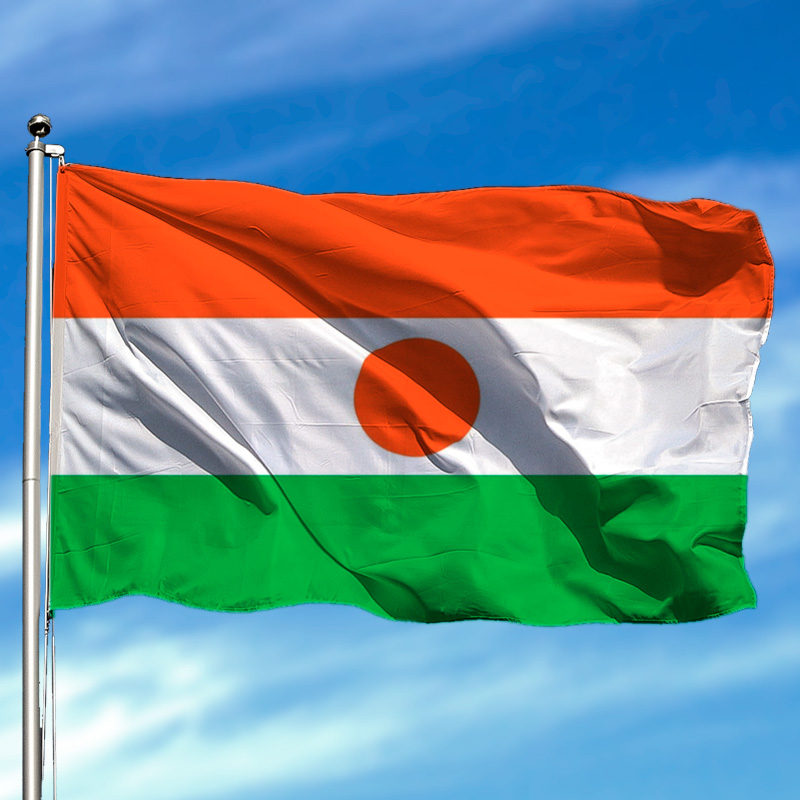In a historic act of reaffirmation, Niger has decided to rewrite its past to present an authentic version free from colonial influences. Through a Presidential Decree issued on November 18, 2024, the Transitional Government established an ad hoc Committee to lead this ambitious project. Chaired by Professor Maikoréma Zakari, a renowned historian of Niger, this initiative aims not only to recover the country’s cultural legacy but also to challenge decades of foreign influence on its historical narrative.
South Sudan: a lesson in perseverance taught by an entrepreneur in Juba
This move carries profound implications for former colonial powers, especially France, whose influence on Niger’s history has been predominant. For years, much of the country’s official history was documented through a lens that prioritized the interests and perspectives of the colonizers, minimizing local contributions and omitting key episodes of resistance and self-determination. By correcting these narratives, Niger exposes the inconsistencies of colonial accounts and redefines its identity, directly affecting France’s cultural and geopolitical interests in the region.
The project, which will begin with a meeting of historians and archaeologists to chart its course, seeks to restore an authentic vision of Niger’s past. This effort could undermine the symbolic control former colonial powers continue to wield through educational institutions, historical archives, and cultural ties that reinforce their influence in Africa. For France in particular, the loss of this narrative weakens its ability to shape global perceptions of its colonial legacy, impacting its historical prestige and position in the region.
Rewriting Niger’s history also highlights how imposed narratives perpetuated an unequal relationship while bringing attention to struggles and achievements that were systematically ignored. This act of intellectual sovereignty could inspire other African nations to undertake similar projects, further questioning the role of former colonial powers in shaping the continent’s national identities.
By reclaiming control over its historical narrative, Niger not only asserts its cultural sovereignty but also sends a clear message to foreign powers: the era of unilateral narratives is over. This paradigm shift delivers a symbolic blow to colonial interests while positioning Niger as a leader in the Pan-African movement for cultural decolonization.


